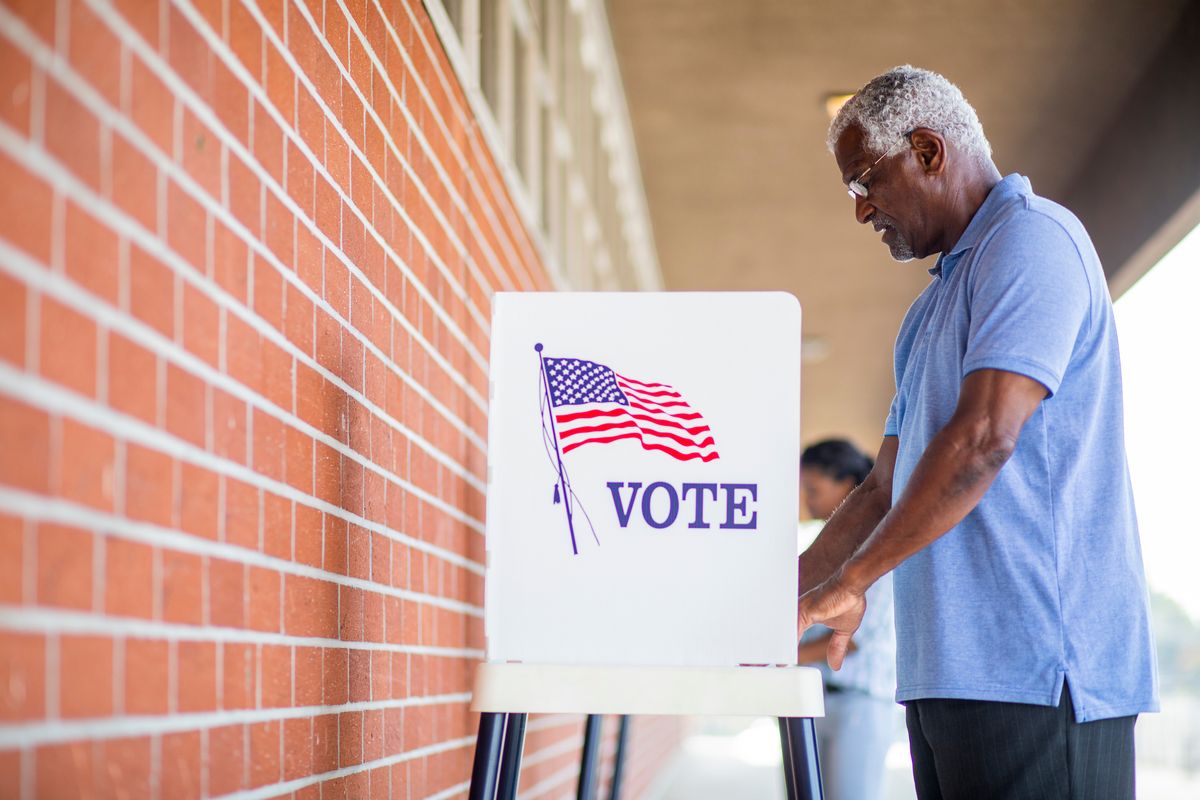The Black voter base in America is one that generates a lot of political interest and possibly even fear. It is not uncommon to see the gamut of those running for public office courting the Black community for political loyalty. This sends a message to us as a people: organizing and strategizing together can create leverage to further advance the issues that best serve the community. Just as every American, the promise of life, liberty and the pursuit of happiness is the bullseye of what we want to experience as citizens.
What we can glean from the era of Reconstruction is that solidarity and progress within the Black community was so noticeable that it caused enough alarm to dismantle what had been accomplished in the first 12 years post-slavery. It would be another century before Black Americans would be able to have that much access to social, economic and political power.
Politicians have always sought to appeal to and mobilize Black voters, often employing tactics that leave suspicion for ulterior motives. Political exploitation is real. Political leaders in general leverage relationships with the Black community when it seems most convenient, rallying around culturally significant touchstones in attempts to curry favor. It is crucial for us to be a barometer of these interactions once the election is done. Ultimately, this pattern of using vulnerability and manipulation to secure the Black vote is concerning and should never leave our peripheral vision.
Historically, Black Americans overwhelmingly voted for democrat Franklin Delano Roosevelt, even though the Democratic Party had traditionally denied them basic civil rights. The Great Depression devastated Black American workers, as it had the entire country; this caused a shift in party loyalty for. FDR, to maintain his standing, had to keep the southern Democrats in his pocket, a party that was known for outright race hate. While FDR did not move to reverse legal segregation, he invited several Black American leaders to serve as advisors, granting them a voice in his administration. It is argued that to stay in power, he leveraged his relationships with Black leaders, which won votes for the Democratic party for decades. The promise of equality under federal law was delayed until the presidency of Democrat Lyndon B. Johnson, when the Civil Rights Act of 1964 was passed, and subsequently, the Voting Rights Acts of 1965, which was pushed through by a largely Republican Congress.
Politicians across the board have used a variety of gimmicks to secure and/or suppress the Black American vote, whether it is through sensationalism, emotionalism, gold high top sneakers, references to criminality to be relatable, the federalization of holidays, visits to Black churches in some of America’s most prestigious, or most impoverished communities, use of rappers or social media icons and celebrities to draw in popular culture relevance, visiting the local Waffle House, using criminality as a generalization to sow seeds of prejudice, or even capitalizing on high profile murder cases with personal invites to the White House. Strategically, Black people are used to advance other peoples’ agendas. Candidates often use fear, speculation, conjecture, and manifestations that aren’t necessary. Authenticity, and accountability – these should be our standard. We are not a monolith, but our historical narrative has context in elections. As the world tends to fetishize over Black identity, we must beware of the Trojan horse. Our vote does matter and politicians know it.
